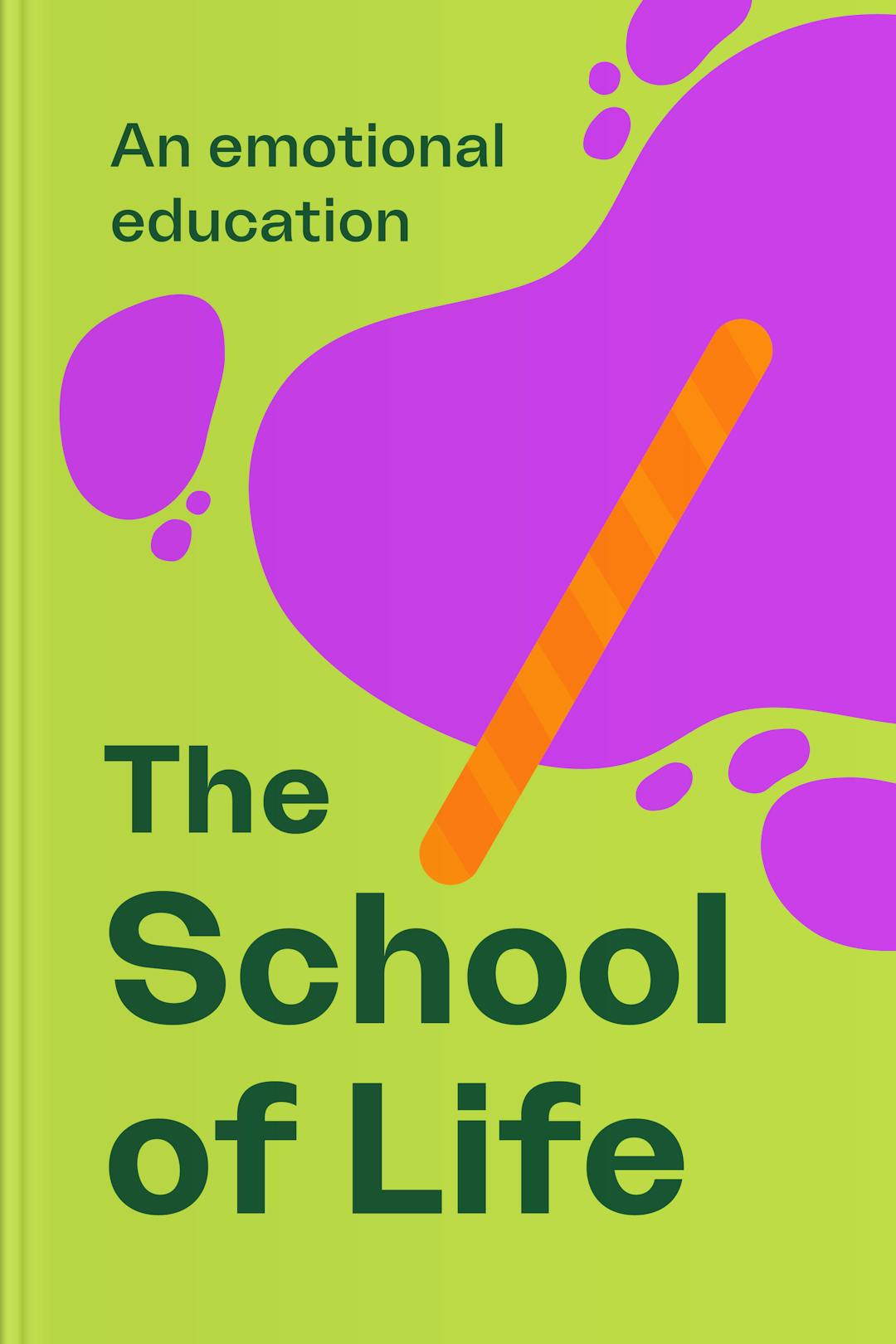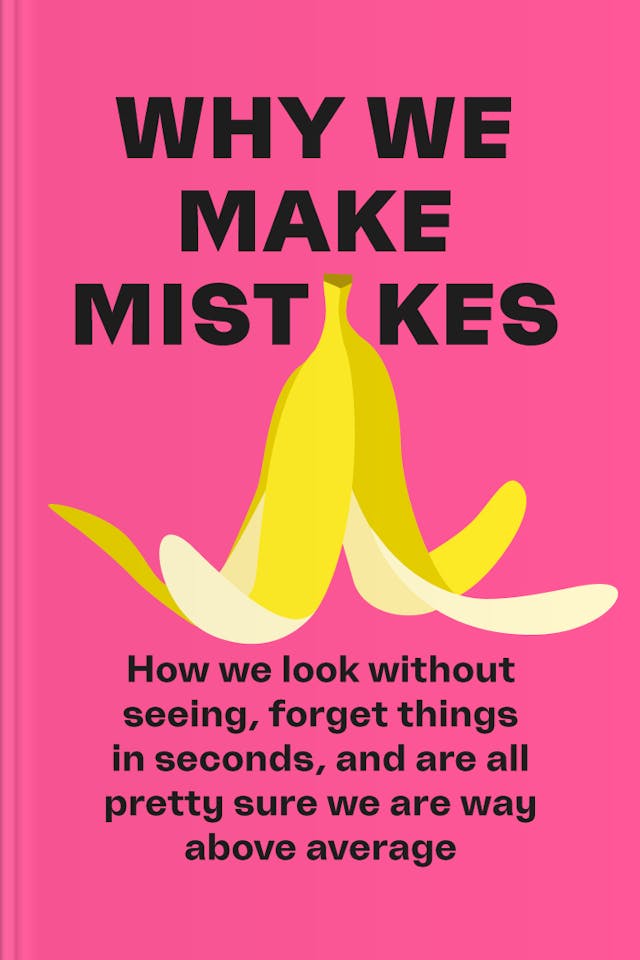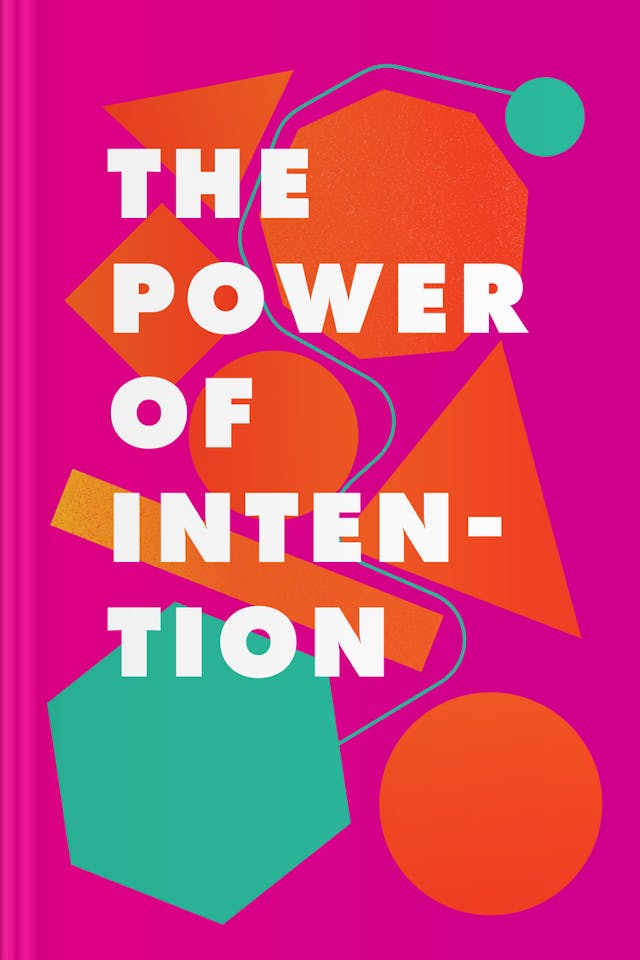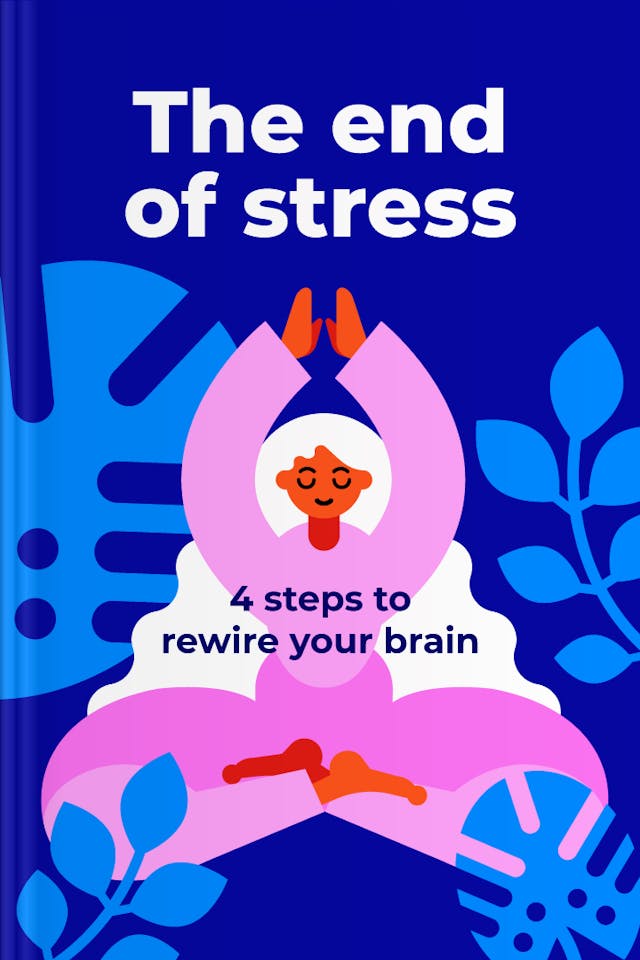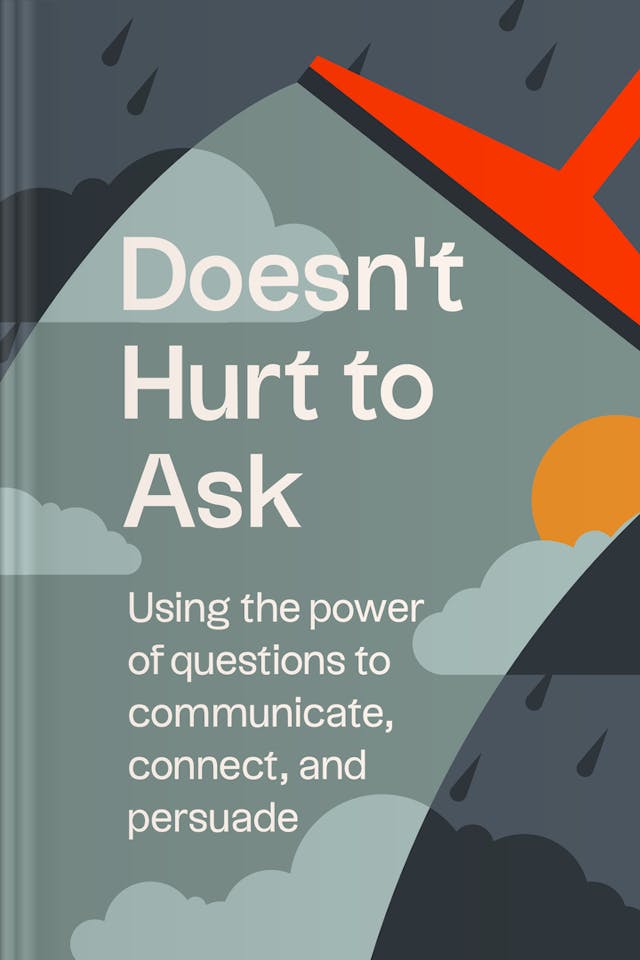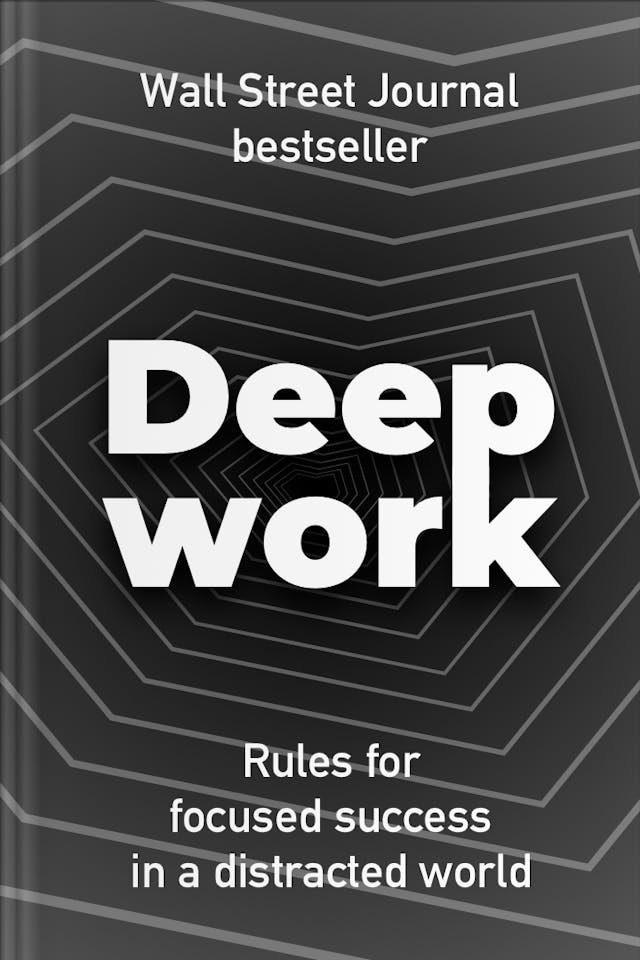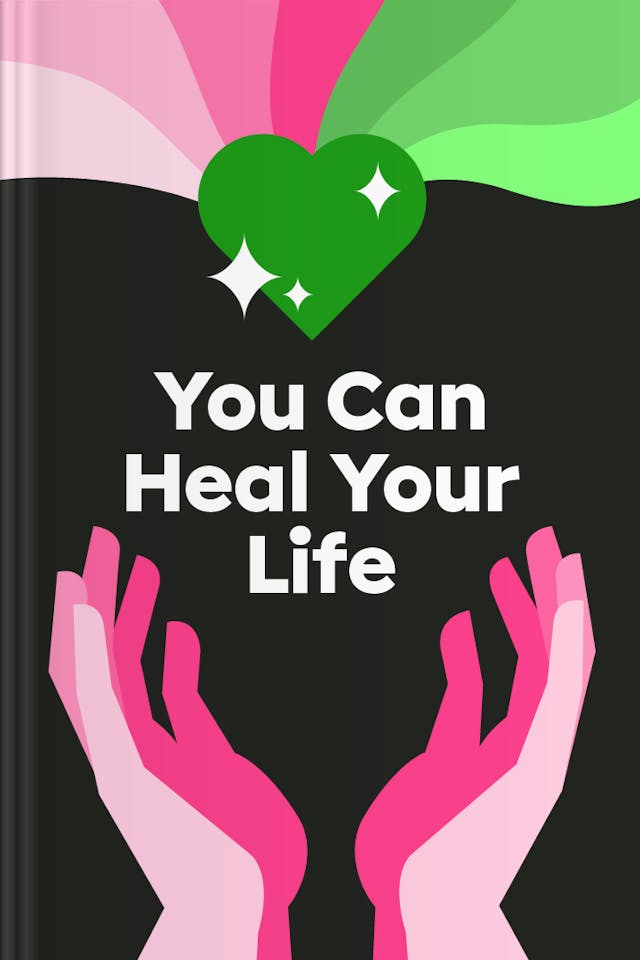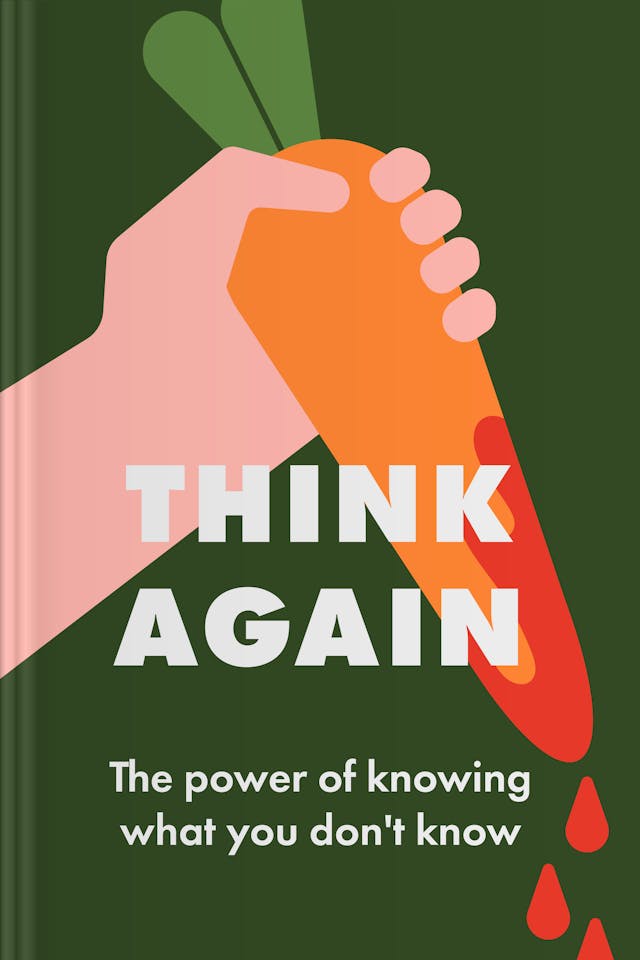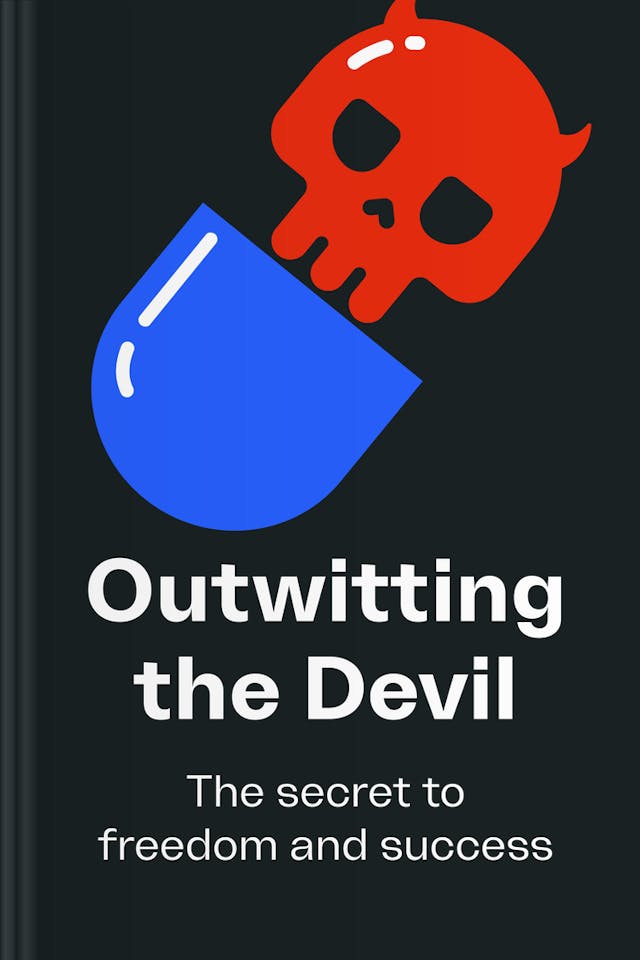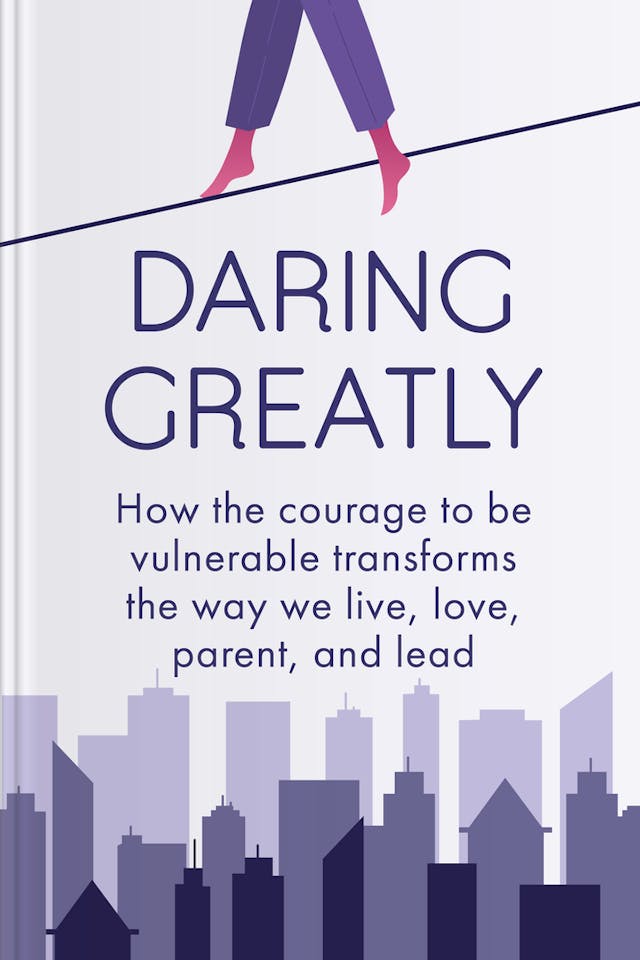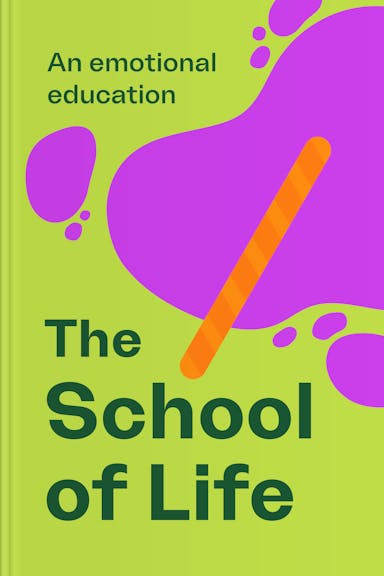
Short summary
Key points
Emotional intelligence is the fulcrum upon which our lives gain balance
A few examples. Emotions dictate our buying decisions, not logic. We're committed to our intimate partners because of how they make us feel not necessarily what we think about them. The way we dress, the careers we pick, the cycle of friends we keep, etc, are all driven by emotions.
But it's sad that our emotions haven't been given the kind of consideration they deserve.
We've advanced so much in our understanding of science and technology. And we've come up with witty inventions that are making our lives easier. One can categorically say that we're a well advanced civilization. But when it comes to the emotional and psychological aspects of our lives, we don't seem to have made so much progress. It's true that we've grown in our understanding of the human mind and how emotions and habits work, but outside the academic communities specializing in these disciplines many people are still in the dark.
But you'll be different because the chapters that follow are going to teach you the basics of emotional intelligence and help you avoid unnecessary problems.
We are all products of our emotional inheritance

